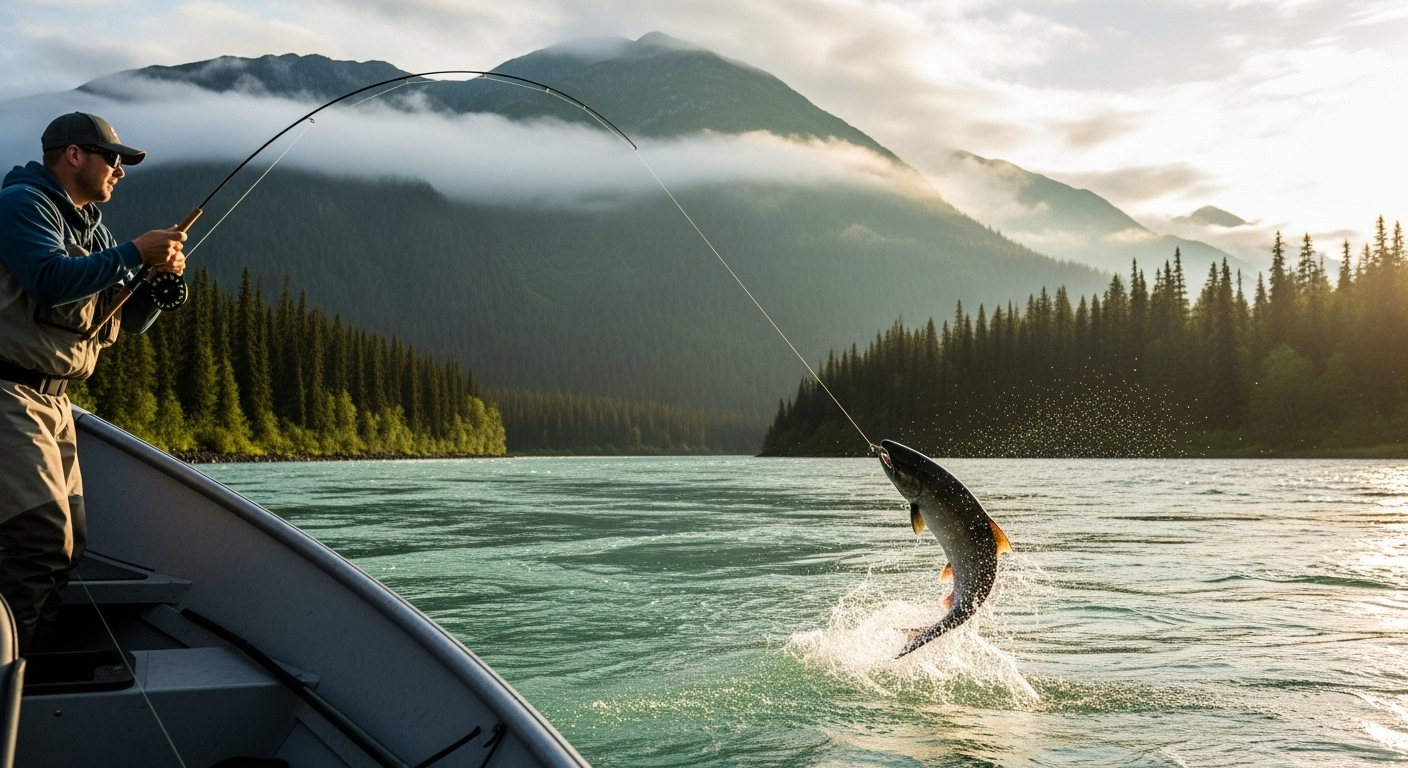The Intricate Ballet of Sport Fishing: An In-depth Analysis
Sport fishing, also known as recreational fishing, is a discipline that has been intertwined with human history for centuries. Initially, fishing was a means of survival—a skill necessary for sustenance. Over time, however, it evolved into a recreational activity, a competitive sport, and, for some, a way of life. This article delves into the fascinating world of sport fishing, its historical context, current trends, challenges, and its real-world applications.

The Historical Tug of Sport Fishing
Throughout history, fishing was an essential survival skill. Ancient civilizations relied heavily on the bounty of the sea. The art of fishing was passed down through generations, evolving into a tradition and, eventually, a recreational activity. The ancient Egyptians, for instance, were known for their fishing prowess, with records indicating that they used a variety of methods such as nets, traps, and hooks.
As societies developed and fishing techniques advanced, the activity evolved from a necessity into a leisurely pastime. The British aristocracy, particularly, embraced fishing as a sport in the late Middle Ages. The publication of “The Compleat Angler” by Izaak Walton in 1653, often considered the bible of recreational fishing, cemented its status as a legitimate sport.
Current Trends and Insights into Sport Fishing
Sport fishing has come a long way since its humble beginnings. Advanced technology now plays a significant role in modern practices. GPS systems, sonar technology, and sophisticated fishing gear have made the sport more accessible and appealing to a wider audience.
Sustainability has also become a prominent trend in sport fishing, with catch-and-release practices being widely adopted to preserve fish populations. This shift towards sustainable fishing practices is indicative of the increasing awareness and responsibility amongst anglers towards the environment.
The Benefits and Challenges of Sport Fishing
Sport fishing offers an array of benefits, both physical and psychological. It is a sport that requires patience, strategy, and physical strength, thereby contributing to improved fitness, mental health, and well-being. Furthermore, it instills a connection with nature, fostering respect and understanding of marine ecosystems.
However, sport fishing also presents several challenges. Overfishing, habitat destruction, and climate change are threatening fish populations worldwide. Anglers face the task of balancing their love for the sport with the responsibility of preserving the environment.
Real-World Applications
Sport fishing’s real-world applications extend beyond the realm of athletics. It contributes to the economy by driving tourism and creating jobs in areas where fishing is prevalent. The sport also aids in scientific research, with data collected by anglers often used in studies related to fish behavior and conservation efforts.
The Dance Continues
Sport fishing is a captivating discipline that intertwines skill, patience, and an appreciation for nature. It is an evolving sport, adapting to the changing world while remaining rooted in ancient traditions. As we move forward, the challenge lies in preserving this delicate balance between enjoying the sport and conserving our precious marine ecosystems. With the right mindset and sustainable practices, sport fishing will continue its intricate dance with human history.
Sport fishing is a testament to humanity’s relationship with nature, a dance that has been going on for centuries. As we reel in the future, it’s clear that this intricate ballet will continue, shaped by our actions and our willingness to preserve the sport for future generations.




